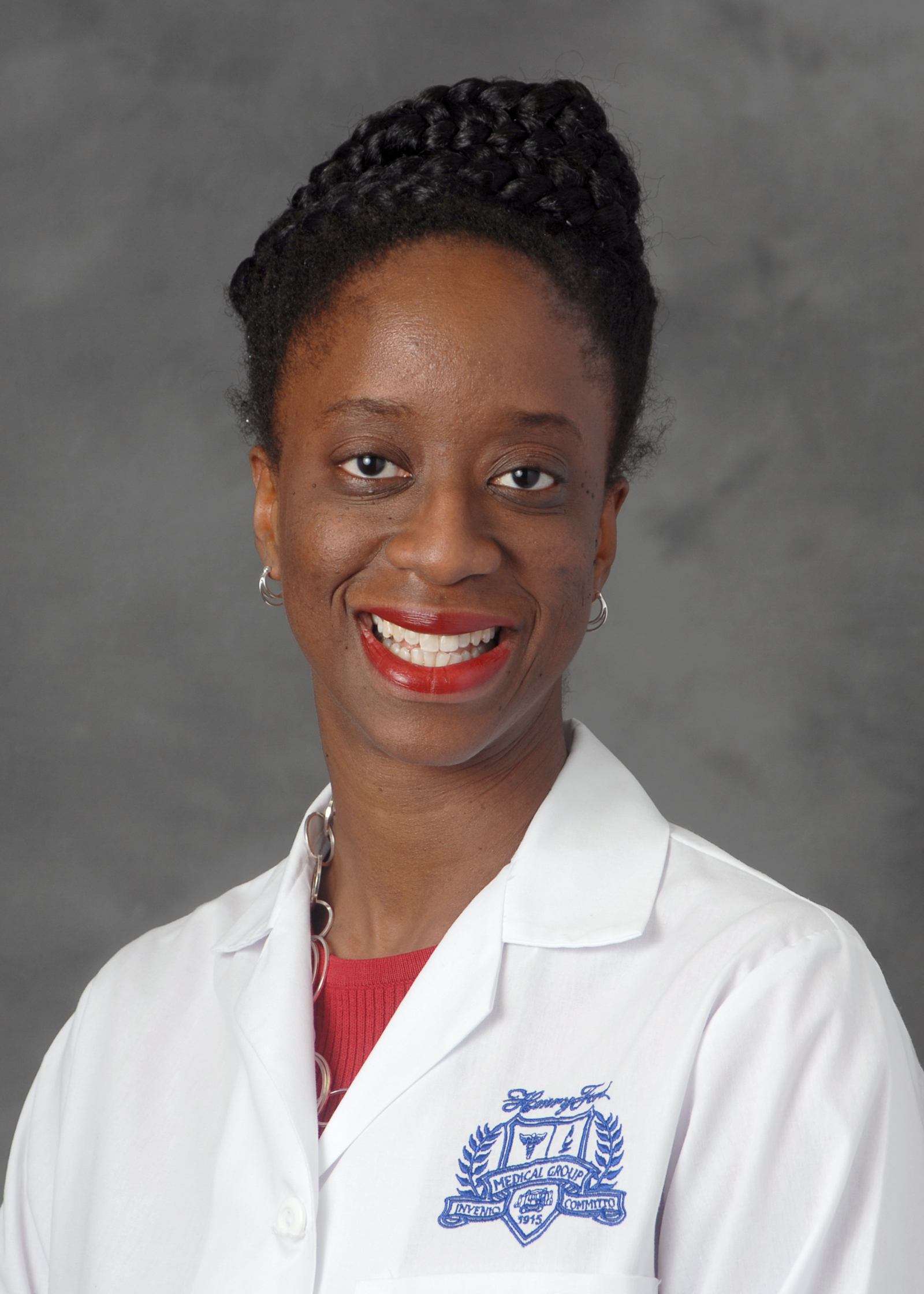
From birth, many people have a primary care physician to call when “feeling under the weather,” but who does one call when feeling “blue”?
The relationship between a primary care doctor and a patient can be one that builds trust and lasts many years. When the family practitioner asks, “How are you feeling today?” the answer should be a sum total of mind and body.
Living WELL spoke with Dr. Denise White-Perkins, family medicine doctor and director of The Institute on Multicultural Health at Henry Ford Health Systems. In her role as director, she develops innovative research, educational and community based programs aimed at eliminating health and healthcare disparities.
Dr. White-Perkins’ research subjects include medical education on health disparities, the impact of social determinants of health on chronic disease management, and the influence of culture and religion on health. She is committed to increasing the cultural sensitivity and responsiveness of health providers and healthcare systems as they care for patients, particularly those in urban underserved communities.
We took a look inside family medicine and how we can combat stigmas on mental health in the African American community.
Dr. White- Perkins specializes in a holistic approach to healing.
Family medicine is comprised of biological, psychological and social behaviors which make it easier to identify and address behavioral issues during regular primary care visits.
“Family medicine pays attention to the whole person,” said Dr. White– Perkins. She takes special interest in understanding all the factors that are contributing to her patients’ health problems.
Family medicine doctors have additional training in behavioral health. Many patients may not have the level of self- awareness and self- initiative to address a possible mental health issue.
“Often there is a stigma in the African American community around mental health issues, and seeking a psychologist requires a certain level of acknowledgment,” she said.
She recommends seeking a doctor who expresses care for you as a person, not only the health challenges. The physician should understand your situation.
Dr. White-Perkins has provided ways to reduce stigmas and help those in our community who may be suffering from mental illness open up and seek medical attention:
- Don’t let them isolate themselves
- Talk about issues involving mental illness in a caring and compassionate way.
- Normalize their situation. This let’s them know help is available.
- Don’t be afraid to ask the tough questions. Are they not eating, not sleeping, overeating, not taking an interest in their appearance?

Physician and Director of The Institute on Multicultural Health at Henry Ford Systems
The hotline number for the National Suicide Prevention Lifeline is 1.800.273.TALK (8255).